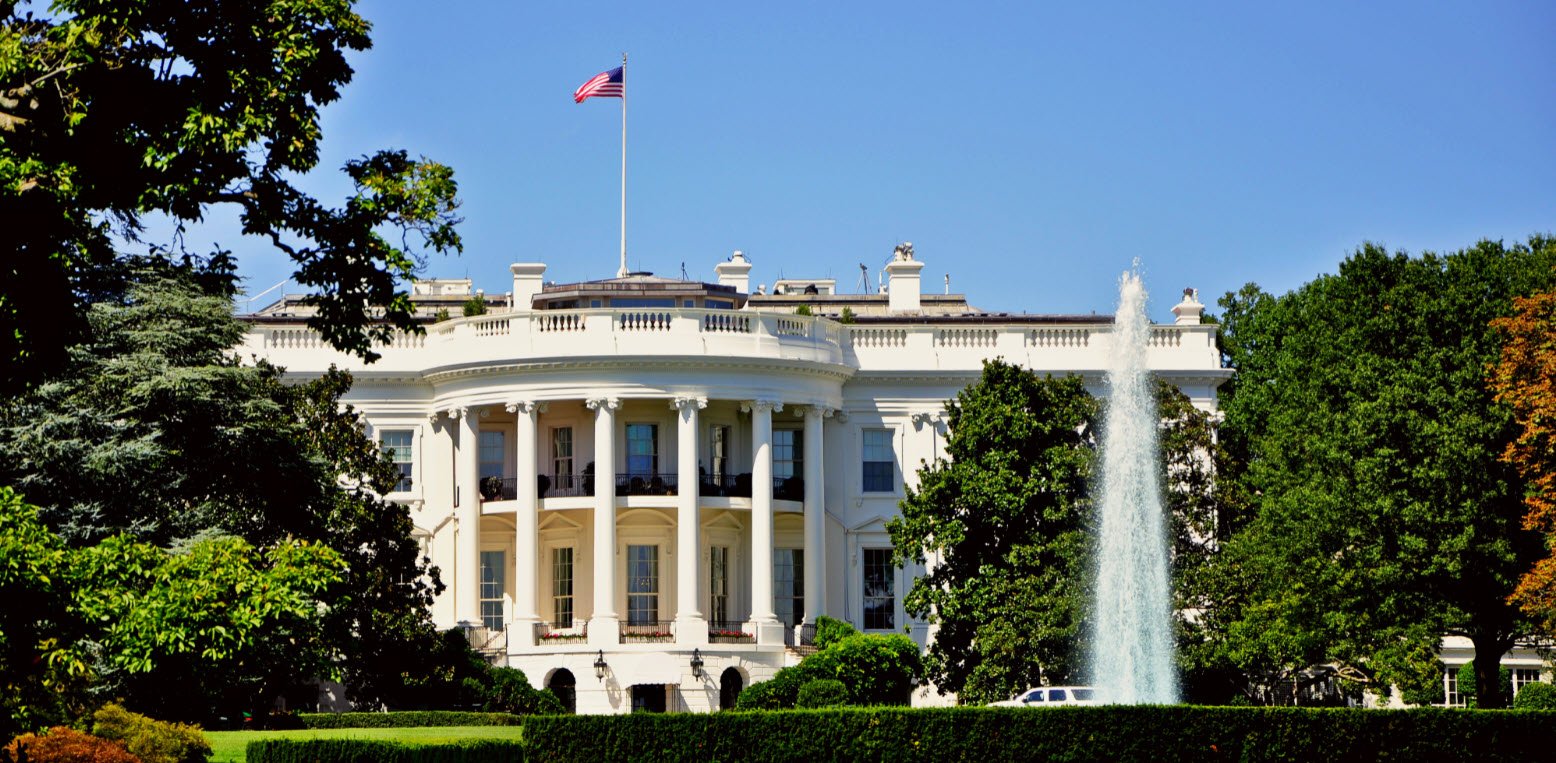In brief
On March 22, 2023, four defendants were acquitted of criminal wage-fixing and no-poach charges, resulting in yet another loss by DOJ’s Antitrust Division in its criminal pursuit of no-poach agreements.
Contents
In depth
On March 22, 2023, a jury in the US District Court for the District of Maine acquitted four residents of criminal charges alleging their participation in wage-fixing and no-poach agreements. Comprised of owners and managers of home healthcare staffing agencies, the defendants were accused of fixing wages of unlicensed home health caretakers as well as agreeing not to hire each other’s caretakers.
DOJ alleged that some of activity facilitating anticompetitive conduct took place via WhatsApp and Zoom and theorized that the Defendants were motivated to conspire following an increase in state reimbursement rates to home health agencies. DOJ also played recordings of meetings at trial. The defendants highlighted evidence that although they negotiated a potential agreement to set wages, it was never finalized or signed.
The defendants further presented evidence that wages didn’t change following the alleged agreement–demonstrating that an agreement never existed. DOJ does not need to prove that wages dropped to secure a conviction under the Sherman Act. The defendants also argued ignorance of the law and that their conduct amounted to a mere technical violation. While DOJ does not need to show either knowledge of the law or effect on wages, these arguments can still persuade a jury and it appears they did in this case.
Background
This acquittal marks the Antitrust Division’s third loss at trial—with each case surviving motions to dismiss filed by its respective defendants— following its aggressive stance on anticompetitive agreements in labor markets. In DOJ’s first criminal wage-fixing case, a jury in the US District Court for the Eastern District of Texas acquitted the former owner and director of a physical therapist staffing agency in April 2022 on antitrust charges, but did convict the owner for obstruction of justice. Shortly thereafter, a Colorado federal jury acquitted a dialysis provider and its executive, also accused for conspiring with competitors not to hire each other’s employees.
In what the DOJ has touted as a success, it secured a pre-trial diversion agreement with a healthcare staffing employee for his alleged participation in a wage-fixing agreement, which followed his former employer’s guilty plea, resulting in a USD 62,000 fine and USD 72,000 restitution.1
Key takeaways
These settlements and the previously filed indictments demonstrate DOJ’s commitment to vigorous antitrust enforcement in labor markets. In particular, DOJ continues to heighten its scrutiny within the healthcare space. DOJ recently withdrew policy guidance for information exchanges between competitors in healthcare markets2 and indicted another health care staffing executive for alleged wage-fixing of nurses employed by home health agencies.3
Next up for DOJ is a trial in the US District of Connecticut against executives of several aerospace engineering companies engaged in an engineering supplier arrangement for their alleged participation in no-poach agreements. DOJ alleges the executives agreed to restrict the hiring and recruitment of engineers and other skilled-labor employees among the companies.4 We will closely monitor this case as it raises interesting factual and legal issues for DOJ and will continue to monitor developments in DOJ’s pursuit of labor market cases.
1 Plea Agreement, ECF No. 106, United States v. Hee, 2:21-cr-00098 (D. Nev.).
2 See also United States: DOJ Withdraws “Safety Zones” for Information Exchanges, (Feb. 8, 2023).
3 Indictment, ECF No. 1, United States v. Lopez, 2:23-cr-0055-CDS-DJA (D. Nev.).
4 Indictment, ECF No. 20, United States v. Patel, 3:21-cr-00220-VAB (D. Conn.).



